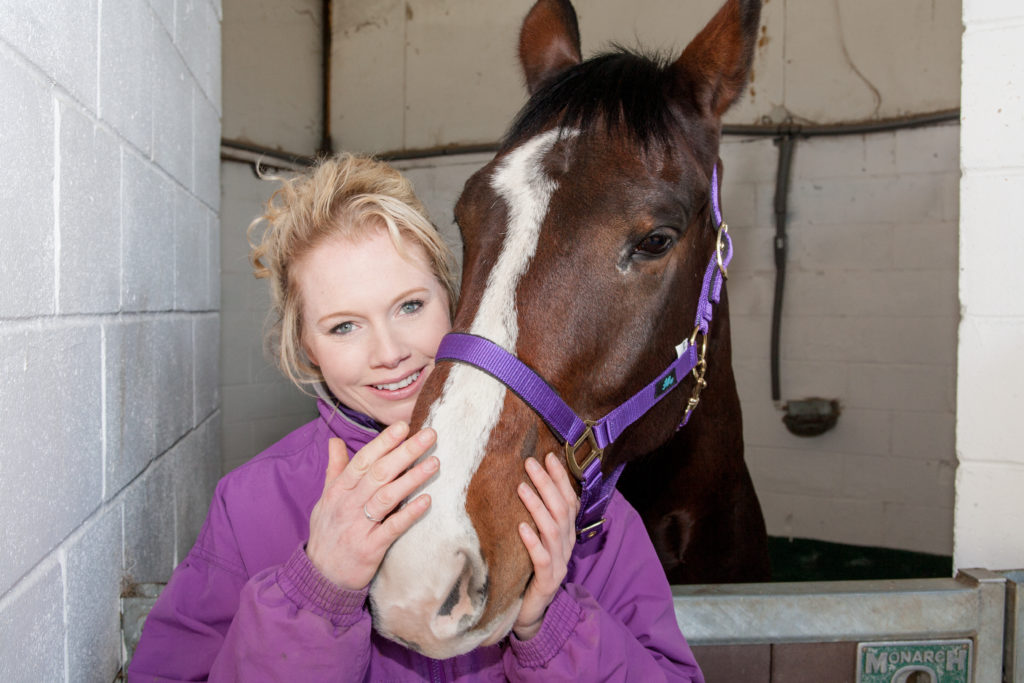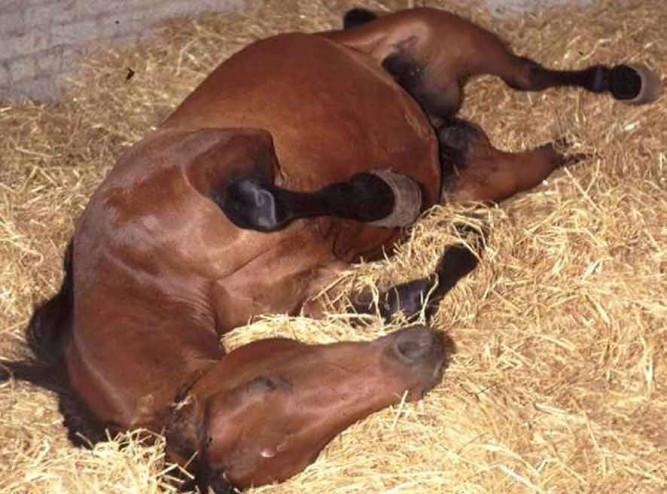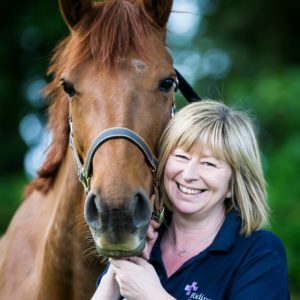Colic is a word that puts the fear of god among horse owners. Although we see colic cases all year round, winter often has a peak especially when the weather gets really cold. So, what should you do if you horse gets colic? Here is my top 10 do’s and don’ts:

- DO move your horse to a safe environment as soon as you recognise, they have colic. An arena or grassy field would be suitable places.
- DO contact your vet straight away. For serious colic a 30-minute delay could be the difference in survival.
- DON’T allow your horse to have any food until they have been assessed by your vet.
- DON’T force your horse to exercise- gentle walking is good if your horse is able but excessive walking can lead to further dehydration and exhaustion.
- DO allow your horse to roll if they want to and are in a safe environment. Rolling is your horses’ way of dealing with the pain and preventing them from doing so may cause distress. Rolling will NOT cause your horse to have a twisted gut.
- DON’T give any medication, especially pain relief (Bute) before the vet arrives. This may mask warning signs that we use to assess the seriousness of the colic.
- DO have some transport on hand – just in case.
- DON’T put yourself in danger, when horses have colic, they go into flight mode and can panic. They will not react in their usual way and may inadvertently harm you if you are too close.
- DO note the number and consistency of any droppings passed, any changes in your horse’s recent management and their worming history – these are some of the questions you will be asked by the vet so it’s useful to have the answers ready.
- DON’T panic! We will get to you as soon as we can so try to keep your horse and yourself calm before we arrive.
I hope these tips are helpful. Maybe print the list and stick it in your tack room or yard kitchen area for others to read.
Don’t forget, we’re always on hand if you have any questions.

Jenny x
Veterinary Surgeon, Ridings Equine Vets

